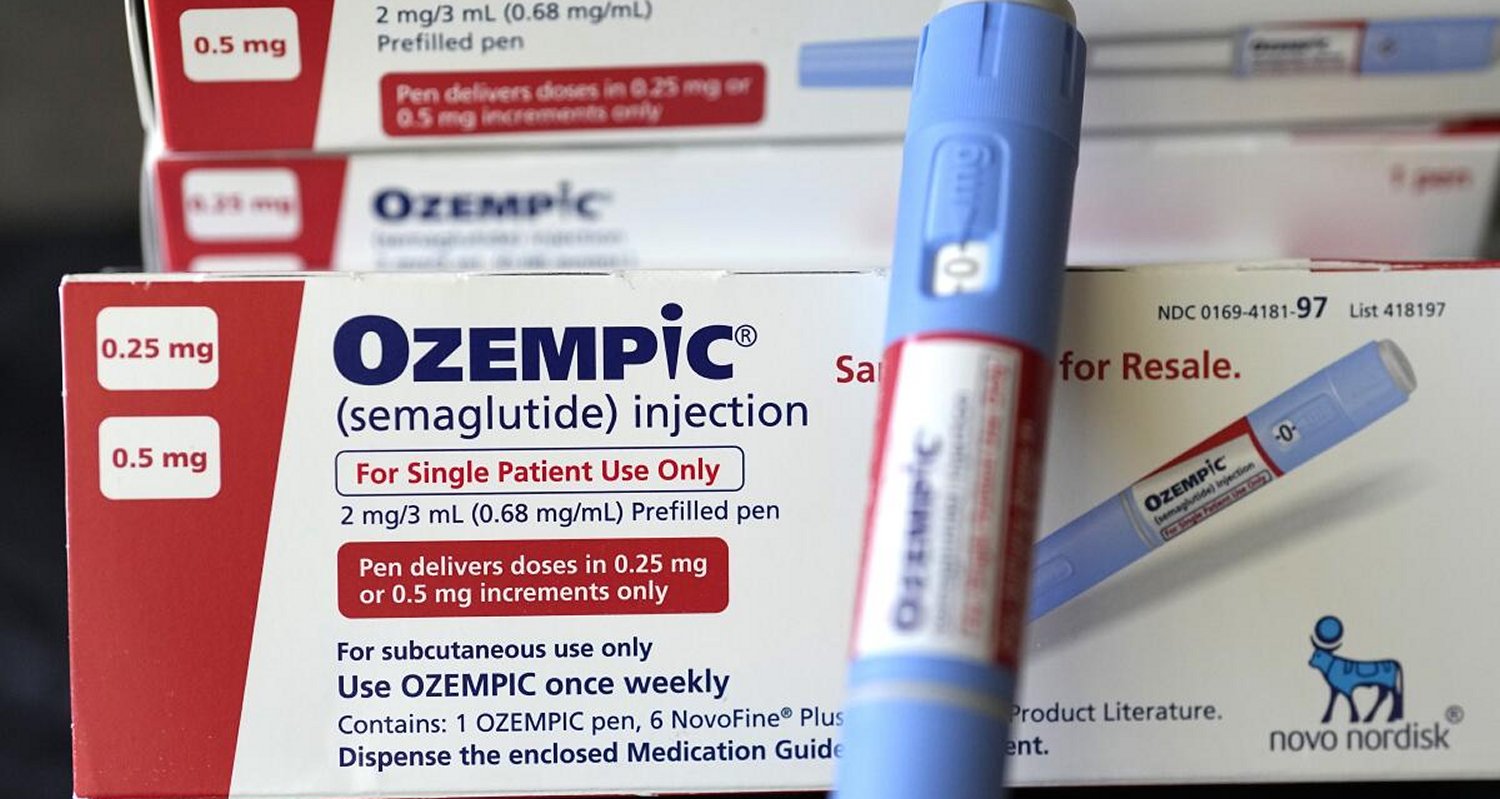
by Matt Weik, BS, CSCS, CPT, CSN
It would be naïve for us to think that GLP-1 medications aren’t changing the way people approach weight loss. After all, it’s the easy way out, right? But many people fail to understand the supplements for GLP-1 users that can improve those results.
Why?
Because most just want that one magic pill to solve all their weight loss problems.
These drugs help with appetite control and can make losing weight more effective. But they also come with unintended consequences, from nutrient deficiencies to muscle loss.
That’s where supplements for GLP-1 users come into play. GNC (of all companies) has been highlighting how the right supplementation strategies can fill nutritional gaps and improve overall outcomes for those on GLP-1 treatments.
In this article, we are going to dive deeper into these supplements for GLP-1 users so that they not only get the best results possible, but they can do so in a healthy manner.
Disclaimer: This article is for informational purposes only and should not be used to treat or diagnose any condition. It is recommended that you speak with your doctor before starting any exercise program, making changes to your nutrition plan, or adding any new supplements into your current regimen.
Why Do Additional Supplements Matter for GLP-1 Users?
When someone is eating less due to appetite suppression, the chances of missing key nutrients go up. Protein intake often falls short, and essential vitamins, minerals, and fatty acids may not be consumed in adequate amounts.
According to the GNC team, adding dietary supplements to GLP-1 regimens can:
- Improve nutrient status
- Preserve lean muscle mass
- Support gut health
- Reduce oxidative stress and inflammation
In other words, supplements don’t compete with diet or medication. Instead, they work alongside them to help ensure better health.
Learning Key Lessons from Bariatric Surgery Patients
GLP-1 users face a situation similar to patients who have had bariatric surgery. Early on, many of those patients weren’t given enough nutritional guidance, which led to deficiencies and other complications.
Now, with GLP-1 prescriptions skyrocketing (increasing more than 100% in a six-month window while bariatric surgery numbers declined), the need for clear supplement recommendations is greater than ever.
After all, simply getting surgery done (or taking GLP-1) is only part of the bigger picture when it comes to health.
Common Risks Associated with GLP-1 Users
Even though GLP-1 drugs are effective for weight loss, they aren’t exactly perfect. Users often experience:
- Poor nutrient status
- Loss of lean muscle mass
- Slowed metabolism
- GI side effects like nausea, vomiting, constipation, or diarrhea
When left unmanaged, these issues can impact long-term health, increase the risk of weight regain, and reduce quality of life. Supplements for GLP-1 users may help offset these risks and provide a more complete health strategy.
What Are the Recommended Supplements for GLP-1 Users?
There are several supplement categories worth considering for GLP-1 users. Each one addresses a specific gap or consequence of GLP-1 therapy. Let’s look at some of the categories and supplements.
1. Multivitamins, Vitamin D, and Omega-3s
Basic nutrients often fall short when people are eating less. Multivitamins can cover broad nutrient gaps, vitamin D supports immune and bone health, and omega-3 fatty acids help reduce inflammation while supporting heart and brain health.
2. Protein, Whey, Creatine, and HMB
Protein is critical for preserving lean mass, especially during weight loss. It’s been shown that GLP-1 users are losing a staggering amount of lean muscle tissue when using the drug. Supplements like whey protein, creatine, and HMB can help maintain muscle strength, improve recovery, and reduce the risk of sarcopenia.
3. Fiber and Probiotics
Digestive issues are common with GLP-1 drugs. Fiber can ease constipation, while probiotics support gut balance and improve stool consistency, which is often thrown off by GLP-1 medications.
4. Thermogenics, Antioxidants, and Anti-Inflammatory Ingredients
These supplements help counter the slowing of the metabolism and reduce oxidative stress, which often increases during weight loss. Supporting metabolism and lowering inflammation can improve overall energy and recovery.
Moving Away from Adequate and Towards Optimal
Meeting the bare minimum nutrient requirements isn’t enough. Traditional dietary reference intakes (DRIs) are designed to prevent deficiencies, but they don’t necessarily support peak health or performance, especially in the case of GLP-1 users.
For those using GLP-1, the goal should be optimal intake. That means higher therapeutic doses of certain nutrients may provide better health, particularly when combined with medical nutrition therapy and regular exercise.
Supplements as a Complement, Not a Replacement
Whole foods should always be the foundation of a healthy diet. Fruits, vegetables, lean proteins, whole grains, and legumes should make up the bulk of what GLP-1 users eat.
But because these medications reduce appetite, relying on food alone may not always meet nutritional needs. This is where supplements for GLP-1 users can fill in the gaps, ensuring they get enough protein, micronutrients, and gut support to maintain health while losing weight.
Individualized Care is the Key
The GNC team made it clear that there’s no one-size-fits-all approach, which is almost always the case with anything (exercise, nutrition, and supplementation).
Each person using GLP-1s will have unique needs based on their diet, health status, and activity level. That’s why personalized, evidence-based care is essential. And it should be managed by a professional.
Instead of simply reacting to side effects or deficiencies, supplements for GLP-1 users should be viewed as proactive tools to optimize health, prevent long-term complications, and support sustainable weight management.
Having Your Ducks in a Row Before Using GLP-1 Drugs is Important
GLP-1 medications are powerful tools for weight loss, but they’re not without challenges. Nutrient gaps, muscle loss, and digestive issues are all potential risks.
Supplements for GLP-1 users (everything from multivitamins and omega-3s to protein, creatine, fiber, and probiotics) can help fill those gaps and support long-term health.
The takeaway here is simple: supplements shouldn’t replace food or medical treatment, but they can enhance both. For anyone on a GLP-1, a smart supplement strategy may be the missing piece to staying healthy while shedding weight.

